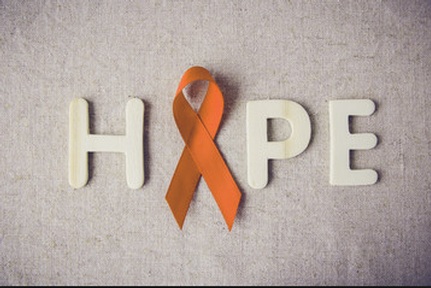NHS to offer 'pioneering' drug to help thousands of multiple sclerosis sufferers
NHS England has reached a deal with drug manufacturer Roche to provide multiple sclerosis (MS) patients with a ‘landmark’ drug, which is said to be able to delay the need for a wheelchair by seven years.

The drug ocrelizumab (also known as ocrevus) is a revolutionary medicine for patients who have primary progressive multiple sclerosis (PPMS) in the UK. Around 2,700 people could be eligible for this treatment.
Clinical trial results show that ocrelizumab can slow the worsening of disability in people with the condition, helping patients stay able and active for longer.
MS is a lifelong condition which affects the brain and spinal cord. Within the human body, the immune system makes special cells that attack and kill virus and bacteria, however, people who have MS, these special cells attack the nerves by mistake.
Ocrelizumab sticks to one type of these cells called B cells. This stops them getting into the brain and spinal cord where they would attack the myelin covering around the nerves. This stops inflammation and damage to the nerve.
’ I believe access to this treatment will give patients and families fresh hope for happier and healthier futures’
NHS England works closely with The National Institute for Health and Care Excellence (NICE) to give patients access to world class, cutting edge drugs and therapies. This is a key part of the NHS long term plan.
Simon Stevens, chief executive of NHS England said: "Today the NHS is making a significant advance in the care of people living with multiple sclerosis.
"This latest innovative deal is further proof that companies willing to work flexibly with the NHS can secure a constructive partnership that benefits both patients and taxpayers."
’We want all patients to have access to the most pioneering, value for money medicines’
Ocrelizumab will cost around £19,000 per patient per year at full price and will be given during an outpatient appointment once every six months.
Health Minister Nicola Blackwood said: “This is a revolutionary development for people with Multiple Sclerosis - this treatment has the power to slow down the condition so people can live longer, more independent and active lives.
“I believe access to this treatment will give patients and families fresh hope for happier and healthier futures.
“Through our long-term plan, we want all patients to have access to the most pioneering, value for money medicines - this is a great example of how we can work with industry to get treatments to patients as quickly as possible.”
In September 2018, NICE rejected the drugs due to high costs. In response, the MS Society launched a campaign to reverse the decision. This was signed by more than 21,000 people, with several MPs in support.
Genevieve Edwards, director of external affairs at the MS Society, called the decision by the NHS a "landmark moment and an incredible victory for the more than 21,000 of us who helped overturn this result".
She added: "We now want to see everyone who could benefit from ocrelizumab being able to access it, with increased support for MS services to make sure this happens.
"Right now, however, there isn’t enough evidence to show ocrelizumab can work for everyone, and we know the restrictions will be a massive blow for those who still don’t have any options."
Latest News
 29-Jul-24
Dementia Bus gives carehome.co.uk staff insight into life with dementia
29-Jul-24
Dementia Bus gives carehome.co.uk staff insight into life with dementia
 01-Mar-24
Find out the top care homes in 2024
01-Mar-24
Find out the top care homes in 2024
 21-Mar-23
UK's top care homes in 2023 revealed
21-Mar-23
UK's top care homes in 2023 revealed
 03-Jan-23
carehome.co.uk launches free care helpline
03-Jan-23
carehome.co.uk launches free care helpline
 13-Dec-22
5 mins with Emily Whitehurst, chief operating officer for Constantia Healthcare
13-Dec-22
5 mins with Emily Whitehurst, chief operating officer for Constantia Healthcare